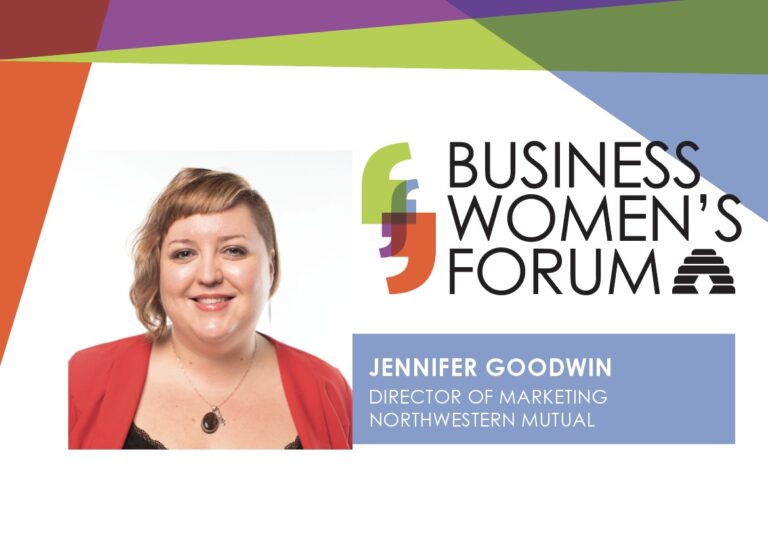Disclaimer from the author: I want to make sure I don’t come across as using the word addiction in a casual manner. Addiction is serious, very real and has caused turmoil in many lives.
Does the following scenario sound familiar? You walk up to an acquaintance you haven’t seen for a while. “Hello!” they say, “how are you?” You respond, “I’ve been sooooo busy.” I can imagine you are nodding your head in agreement right now. I know this because I have had this exact exchange countless times in my life.
Remember when you were a kid and worries were as simple as who to play with, and you didn’t have to worry about adult responsibilities? You experienced life, lived in the present and were in a state of just being. Sometimes there was nothing to do, and you would complain, “I’m so bored!” If this resonates with you, then you are probably like me and have now officially eliminated the word “bored” from your vocabulary.
When did our lives go from a desire to enjoy multiple activities to a need to have every minute of every day filled? We may eventually experience physical reactions, become paralyzed because we are so overwhelmed, or feel guilty when simply taking the time to sit down and do nothing…and just be. But, still, we just can’t stop. What is this compulsion which causes one to need to be constantly busy? Is it innate? Is it learned? Or am I addicted to “busyness?”
I could do a deep dive into the psychology and societal aspects of the “why” behind addictive behavior, but instead, I wish to highlight only a few potential causes in our lives:
Continuous stimulation. Participating and being a part of things may bring a sense of fulfillment, pride, and self-esteem. But when we overwhelm ourselves with doing so many things, it starts to affect our well-being. We live in a time where one is increasingly reachable and there is an expectation for rapid response. This continuous reachability and stimulation are not just from being busy at work, home, or with the kids’ extra-curricular activities or your own hobbies; now we also have social media. You have a glimpse into the lives of others right at your fingertips. However, it can be deceiving; people mostly show only the best of their lives. You see the picture of the little boy playing soccer and kicking the winning goal, but you don’t see the reality of when little Jimmy had to be picked up off the ground because he was throwing a fit and didn’t want to go to the soccer game. When we see others living their utopian lives, we tend to compare our own lives to theirs. “How do they keep it together?” “How do they have time for all of this, plus have a C-suite career, an immaculate house and dinner on the table at 6:00 p.m. every night? What am I lacking?” A very wise person once told me, “Comparison is the thief of joy.”
Praising those who have (or seem to have) a busy lifestyle. When you took your vacation, you put your out-of-office reply on and didn’t look at one email. However, when your co-worker went on vacation, they checked their email every single day and responded to a point where others in the office knew they were working. Your boss noticed that your co-worker was still working, even while on vacation, and they were praised for their incredible work ethic and dedication. There seems to be an unspoken societal acceptance of praising or holding a high standard for those who are overworking.
So, what does one do to overcome this addiction? You can’t completely remove some of these things or keep yourself away from ALL the activities in your life. You can’t just quit your job, stop working on a project, and not take Jimmy to soccer practice or Sallie to ballet lessons because you are addicted to busyness and need to stop doing everything. It is unrealistic and could be even more damaging. Who knows, maybe keeping yourself busy with activities allows you to not think about the thoughts or feelings you are trying to avoid? Maybe it’s time to confront these feelings head-on with a professional? Well, although I am not the professional you should actively seek out, I have a few friendly tips on what you could do to help in your journey to healing from addiction to busyness:
Just be. Practice mindfulness, and turn off notifications on your phone, email, apps, watch, Alexa, Google Home…you get the point. If you have an unmanageable workload, create the time to sit down and write a list of all the tasks and responsibilities you have at work. Identify the key duties you must perform for your job and see if you can remove or delegate the rest (yes, even the things you enjoy doing). If it is not a key part of your job, delegate or get rid of it! Out of the key duties you identified as essential to your job; identify the top three things you must prioritize over everything else. Write the number in order of importance next to the three items. Then, do them or create time in your calendar to complete them – hopefully by the end of the day. For larger projects, you are unable to complete within a day, break them down into smaller, actionable items. (This is called a Brain Dump. You can try this for work and your personal life as well.)
Try not to compare and stop “should-ing” all over yourself. Stop giving in to things you do out of obligation, or you believe you “should” be doing, instead of doing things that you want to be doing. As Lori Williams suggested in the March 2023 Business Women’s Forum article, “Lori B. Williams: How to Un-Volunteer”: set boundaries, practice saying “no” or “un-volunteer” for things. If something new is added to your workload, get rid of it or delegate something else. Don’t just keep adding bricks on top of your shoulders just because you think you “should.” If you add a brick, take one away. You will feel much lighter.
The worst thing you can do is do nothing. Your addiction will worsen, your quality of life will be affected, and you will continue, or start, to have physical symptoms. I want you to feel accomplished while avoiding any mental or physical costs. You can do anything, not everything.
Most of these suggestions are included in my own list of “shoulds.” No one is perfect…perfect is an opinion. I am the queen of over-commitment. There is so much I want to accomplish and experience during my life; I don’t want to miss out or regret not doing or helping in some way. Especially as a single, childless woman – I feel I “should” have the capacity to do all these things and give more of myself. When it gets to a point when giving more of oneself reduces them to a talking, walking shell of an energy-sucked businesswoman, you know it is time to intervene and make some changes. Get closer to beating this addiction and give room to figure out if there may be something else behind the constant need to overload. Give yourself grace, think about the person you want to be, and live your life as if you already are that person, love yourself, and choose to be happy.
Jennifer Goodwin graduated from the University of Utah with a bachelor’s Degree in Psychology. As Director of Marketing at the SLC Downtown Northwestern Mutual Office, Jennifer utilizes her creativity and genuine desire to serve others to help grow the firm. She thrives on creating strategies and efficiencies in order to coordinate continuity throughout all Northwestern Mutual offices in the state of Utah. Jennifer is a fervent advocate of social responsibility and of women uplifting each other and strives daily to integrate these values into the workplace. She has a natural curiosity for life and a desire to do and know everything, which allows her to relish in many hobbies. Outside of work you can find Jennifer rocking out at a concert, in the audience of a Broadway Musical, fishing, reading, listening to true crime podcasts, playing her guitar, bowling, gardening or singing.



